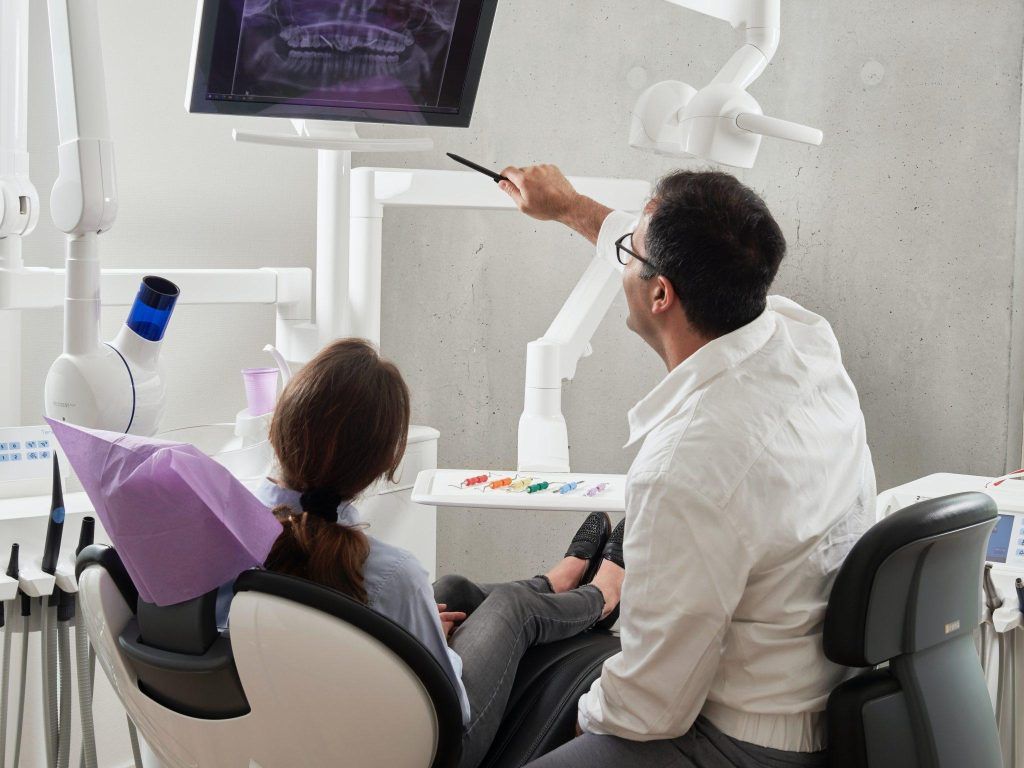What Is Dental Sleep Medicine? And How to Get Dental Treatment Financing

If you’re like many Americans, you’re probably no stranger to sleep issues. According to the Centers for Disease Control (CDC), one in three adults doesn’t get enough sleep, and the American Academy of Sleep Science reports that sleep apnea is on the rise, with 26% of adults ages 30 to 70 suffering from the disorder. One solution to […]
6 Signs You Need to See a Dental Sleep Specialist

Sleep plays a crucial role in maintaining overall health and well-being. However, sleep disorders such as sleep apnea can significantly impact your quality of life. Fortunately, dental sleep medicine can help identify and address these issues, ensuring you enjoy a good night’s rest. In this blog post, we’ll explore the role of a dental sleep […]
Financing Cosmetic Dentistry: Enhancing Your Smile Without Breaking the Bank

A bright, confident smile can make a world of difference in both personal and professional settings. Cosmetic dentistry is a rapidly growing field that aims to enhance the appearance of your teeth and smile. From whitening treatments to dental veneers, there are a variety of procedures available to meet your unique dental needs. However, cosmetic dentistry can […]
Dental Payment Plans? United Credit Can Help!

5 Ways to Finance Dental Work Are you or your family delaying dental treatment due to financial concerns? You’re not alone. According to industry research, nearly half of insured Americans forgo dental care due to cost. The percentage is as high as 65% for those who aren’t insured. Fortunately, many dental financing options are available […]
How to Get Dental Implant Financing with Bad Credit

Did you know that around 26% of seniors aged 65 and older have eight or fewer teeth? Tooth loss affects millions of Americans yearly due to injury, tooth decay, and periodontal disease. In fact, tooth decay is the most common chronic disease in the U.S. for people of all ages. While treatment options were once limited to dentures and […]
Latest Oral Surgery Procedure Advancements and Technologies

What Are The Latest Cosmetic Dentistry Procedures? Cosmetic dental procedures can improve your smile, but health insurance rarely covers these expensive treatments. With years of experience connecting patients with dental financing options, United Credit stays up-to-date on the latest cosmetic procedures and advancements in dentistry. Cosmetic dentistry can give you the smile of your dreams […]

